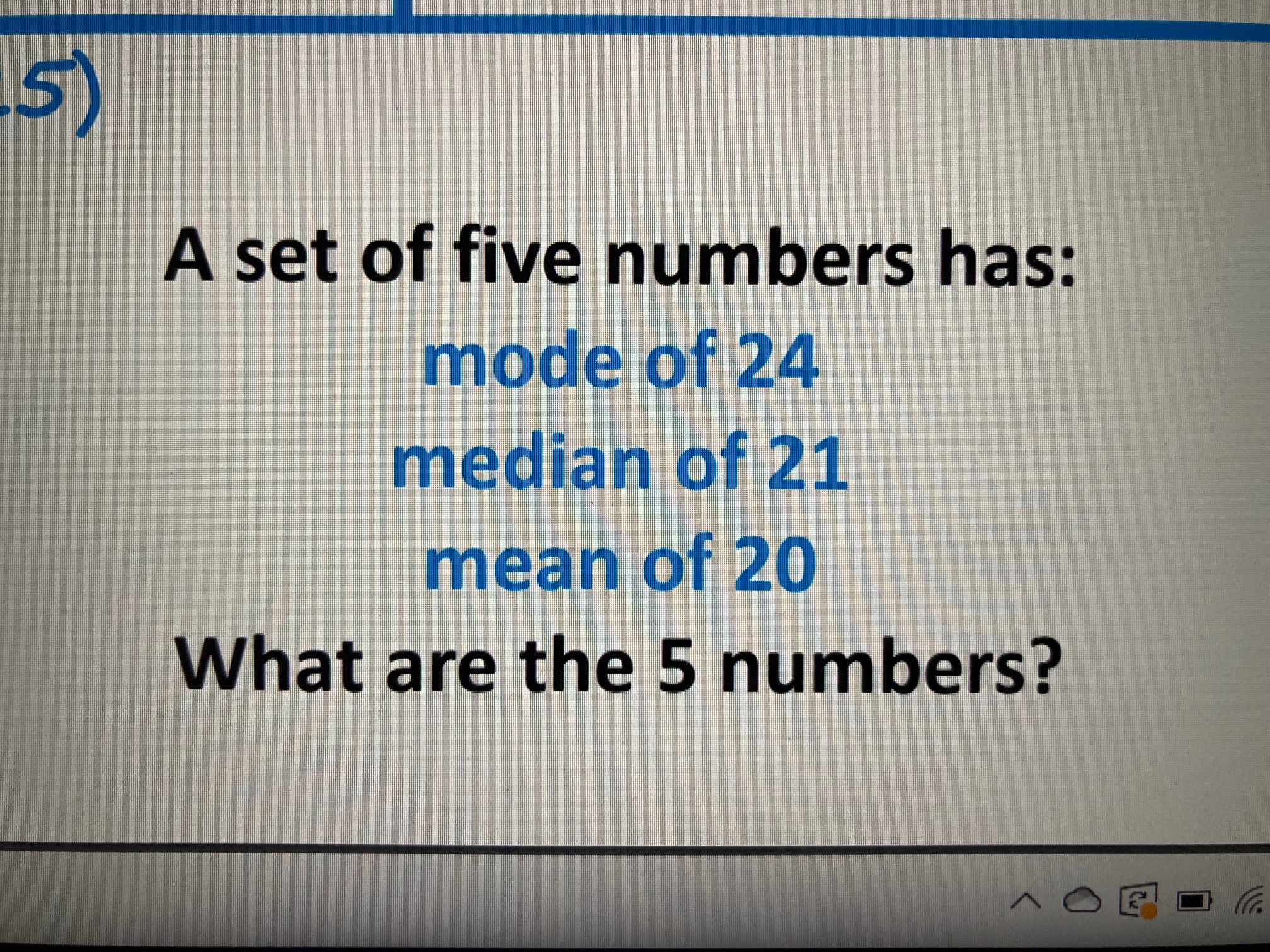Apesar de adorar o conceito das Giras, — bicicletas partilhadas, com docas para não ficarem em qualquer sítio, com um passe anual tão baixo (25 euros) que incentiva as pessoas a usarem-nas em vez de transportes públicos como o metro ou autocarros — a implementação não tem sido nada feliz.
É certo que as demoras causadas pela falha de contrato de fornecedor não ajudaram, mas a minha principal queixa é a qualidade do software. Não que as bicicletas estejam sempre perfeitas, mas há forma de reportar e pedir que as arranjem.

Software pouco aperfeiçoado
Ora o primeiro problema (de muito menor importância) é que a aplicação em iOS não integra com o gestor de passwords nativo, pelo que é necessário autenticar-me sempre que abro a aplicação. É irritante, mas não me impede de usar o sistema. E mostra a pouca atenção que dão à experiência de utilização.
Assumem que tudo é perfeito.
Um problema bem mais significativo é o facto de quando se levanta uma bicicleta e se descobre que ela não funciona (desde coisas simples como o motor não funcionar, até não ter travões) e a devolvemos na própria estação ou na seguinte num prazo de 2 minutos, ele considera uma viagem completa e não deixa levantar outra num espaço de 5 minutos. A minha sugestão é não ter esse intervalo se a viagem tiver sido curta, e ter sido dado uma pontuação baixa indicando o problema com a bicicleta. Para ser usada como meio de transporte, não pode ter tantos entraves. E não é algo tão incomum que não deva ser levado a sério. Acontece-me uma vez a cada duas semanas.
Usam dark patterns.
Por falar em reportar problemas: no final de cada viagem é obrigatório pontuar a viagem. E no caso da pontuação ser baixa, é obrigatório escrever algo. Com cinco estrelas já não é. Ora, quando uma pessoa tem pressa vai dar 5 estrelas só para não escrever nada.
Para além de não dever ser obrigatório escrever algo, devia haver uma lista de problemas mais comuns por onde escolher. Torna-se a denúncia de problemas muito mais simples, e evita terem alguém no back-office a processar as mensagens dos vários utilizadores.
A história
Ora certo dia fui de bicicleta para o trabalho. Ao chegar, entreguei a bicicleta na doca e ela trancou a bicicleta. No entanto, na aplicação a viagem continuava a decorrer. Não a pude cancelar na aplicação, porque isso permitiria a qualquer um cancelar viagens sem devolver a bicicleta. Como infelizmente tem sido normal (e confirmado pelo suporte técnico), a doca não comunicou com sucesso com o servidor que a bicicleta tinha sido recebida. E como não foi a primeira vez, fiz o procedimento recomendado: ligar para o apoio técnico e esperar 5 minutos que o assunto ficasse resolvido.
Mas ninguém me atendeu a chamada. Segui para o meu trabalho e fiz o dia completo, esquecendo-me completamente do assunto. Quando quis regressar a casa, abri a aplicação e reparei que tinha tido a viagem a decorrer até ao momento. Reiniciei a aplicação e ele (finalmente) apercebeu-se que a viagem terminou. Mas tinha-me levado a saldo negativo. Tentei ligar para o suporte técnico outra vez, mas também ninguém me atendeu desta vez. Tive de carregar o saldo da aplicação, para poder ter saldo positivo e fazer a minha viagem de regresso.
Em casa escrevi um email muito zangado. Não era a primeira vez que me acontecia e já tinha oferecido os meus serviços para tentar solucionar o problema.
Responderam ao email num PDF em anexo (??).Devolveram-me o custo da viagem, afirmando que era uma excepção e que a culpa era minha. Isto depois do suporte técnico ao telefone em vezes anteriores me confirmar que eram as docas que nem sempre reportavam bem a actividade. Quanto ao dinheiro extra que tive de usar para carregar o saldo desnecessariamente fica do lado dele, desse não abrem a mão.
Conclusão: o software da Gira é mau, não tem sido melhorado, e o suporte técnico atira primeiro a culpa para os utilizadores, e demora imenso a admitir que o problema é deles, e não está disponível a devolver dinheiro introduzido na plataforma. Claramente as plataformas concorrentes privadas não sofrem destes problemas, porque têm concorrência, e pretendem que os utilizadores usufruam ao máximo da plataforma. Em justiça para a Gira, nenhuma plataforma privada faria preços tão baixos. Mas não é motivo para não se esforçarem na qualidade do software.

 [1]
[1]

